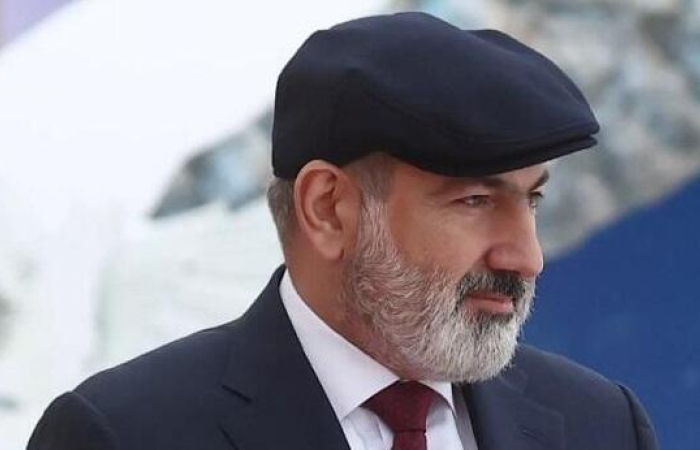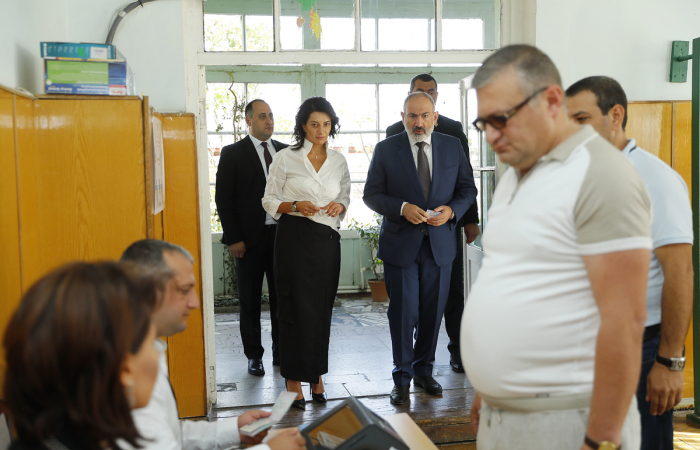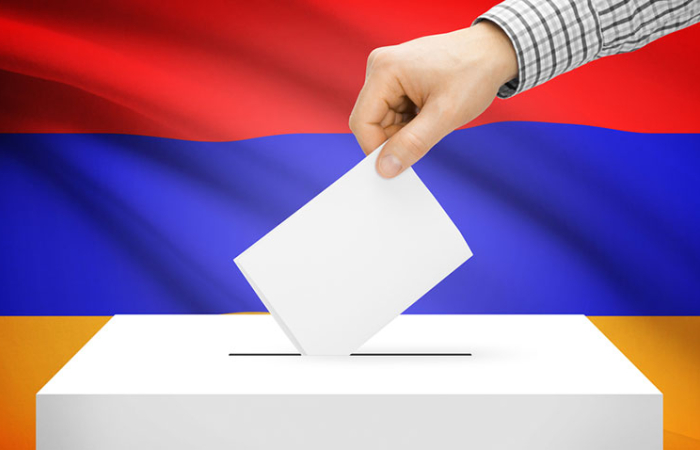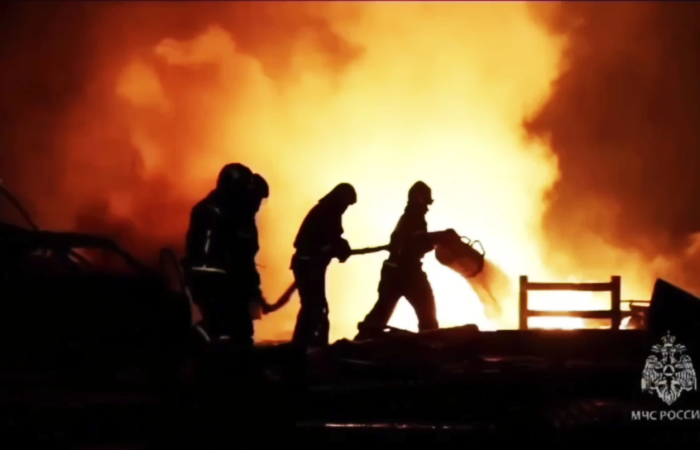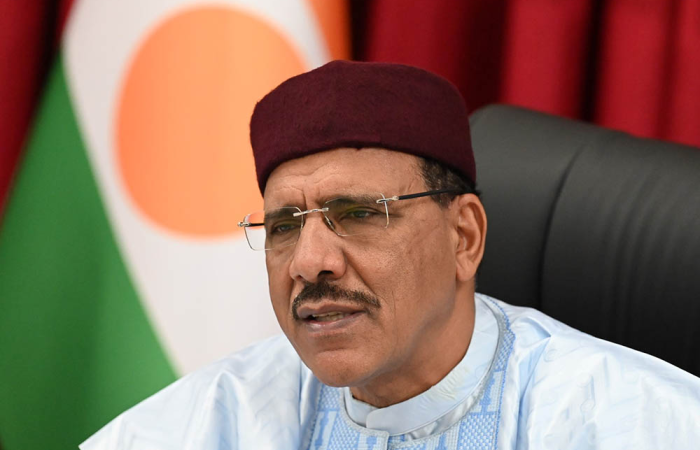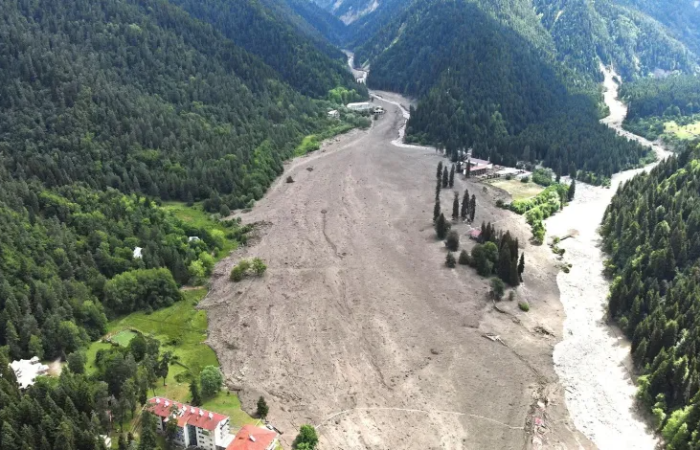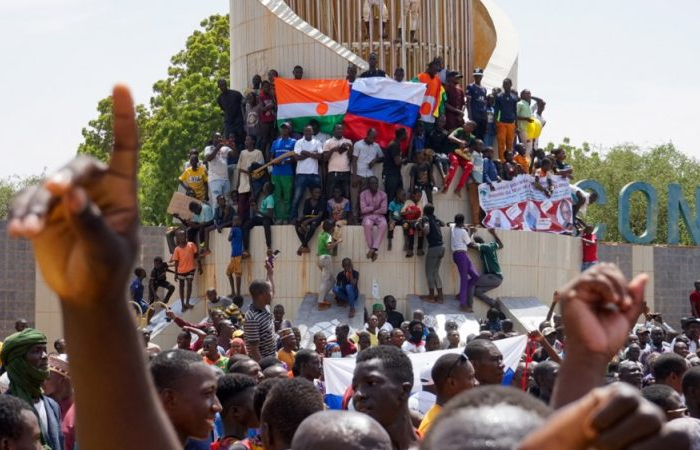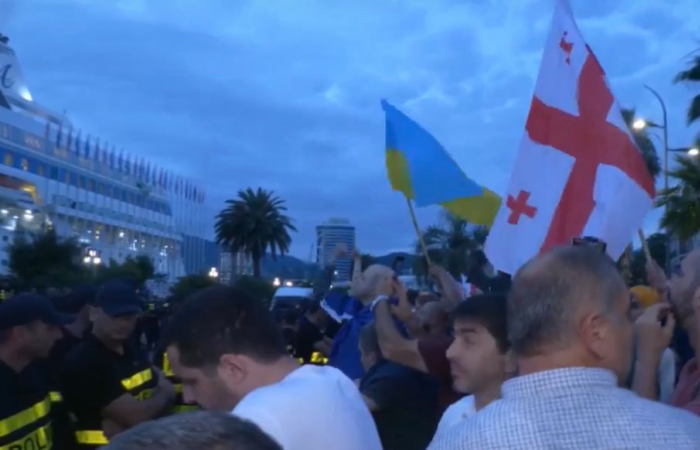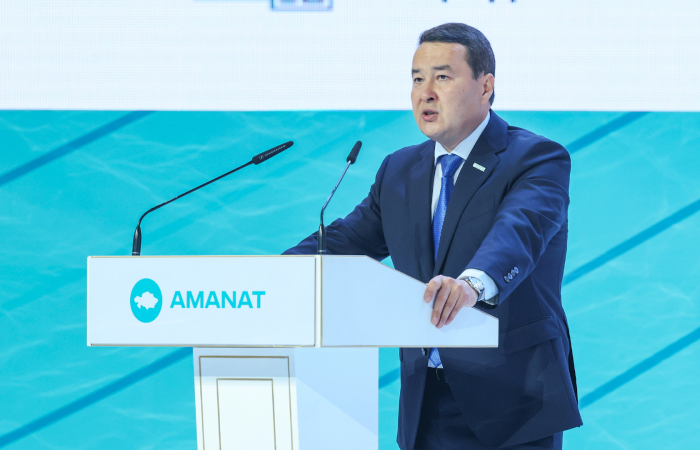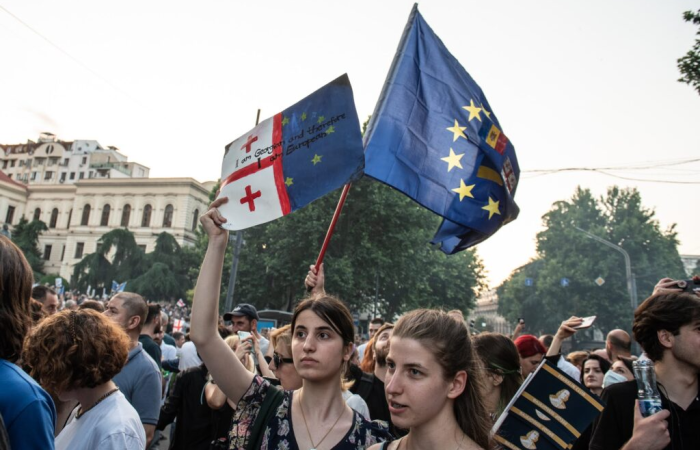Trending
Opinion: Historical versus real Armenia - Pashinyan's push for a new narrative
11 April 2024
Nikol Pashinyan is a populist. Whether on the domestic or international scene, it is difficult to consider him a statesman. Populism defines his words and permeates his actions. But in comparison with those leaders before him, he is also a rarity in Armenia’s post-independence history – he is a democratically elected leader.Nikol Pashinyan is a populist. Whether on the domestic or international scene, it is difficult to consider him a statesman. Populism defines his words and permeates his actions. But in comparison with those leaders before him, he is also a rarity in Armenia’s post-independence history – he is a democratically elected leader. Perhaps, if populism arguably contributed to the last war and the loss of Karabakh it could also be used to usher in a new era of peace and regional integration, coincidentally relegating nationalist narratives and mythologies of old to the annuls of history. It will also prove instrumental to maintaining Pashinyan's rule. In 2013 he already used the slogan of “Real Armenia” but at that time to rally for an Armenia without Serzh Sargsyan. In 2018 it succeeded.



